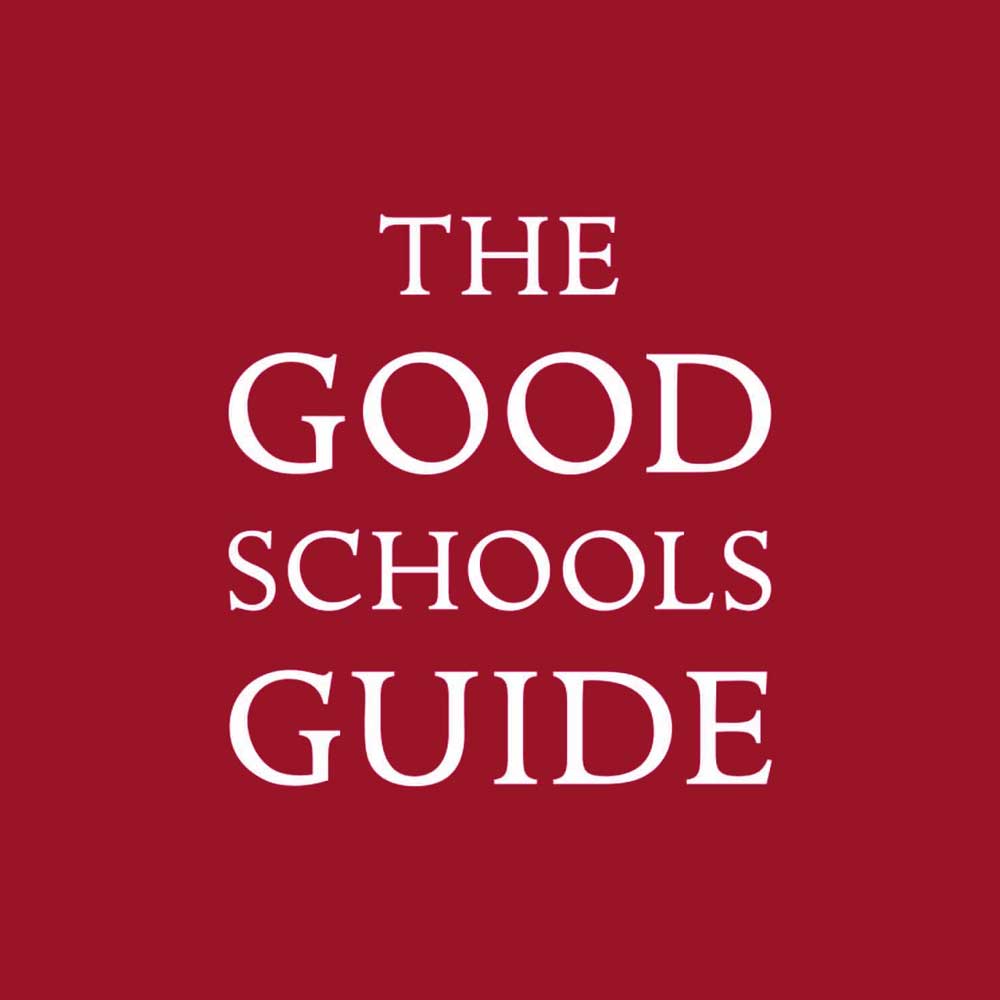Of Poetry & Pastoral Care

This week we mark World Poetry Day, a reminder that poetry is not merely a matter of rhyme and rhythm but, at its best, of a certain human truth. One of the risks of viewing poetry solely through the familiar lens of the Romantics is that it can appear to idealise life, polishing experience into something unnaturally smooth and harmonious.
Yet, as anyone who has spent time in a school knows, human experience is rarely so neat. Schools are living, breathing examples of life in all its unpredictability: friendships blossom and falter, efforts succeed and disappoint, days begin in sunshine and end in frustration. Nothing is perfectly ordered, and nor should it be.
This is the daily bread of pastoral care. Its purpose is not to remove difficulty but to help and guide children through it - teaching them to understand their feelings, and helping to develop the tools to recover from setbacks, and to discover resilience. Just as the most powerful poems are those that name and give voice to life’s tensions, pastoral care finds its strength in meeting boys where they are, not where we might wish them to be.
John Keats’s, Ode to Autumn is a nice poem with which to link, because it is both seasonally and locationally appropriate, having been inspired by a walk through our very own local water meadows, not 400 metres from school, in September 1819. At first glance, it can seem to fall firmly into the category of Romantic idealisation. However, its three stanzas, each corresponding to a different stage of autumn - the abundance of ripening fruit and crops, the labour of harvest and human activity, and finally the quiet decline toward winter, with its soft, mournful music – ultimately lead us on a journey which some critics suggest deals with an acceptance of transience: that autumn is beautiful not in spite of its closeness to winter (and death), but because of it.
The organisation ‘The School of Life’, founded by Alain de Botton, proposes the idea of a sort of ‘poetry pharmacy’, where one would be prescribed poems to act like a form of emotional medicine. Instead of treating the body, the ‘poetry pharmacy’ would address the inner life; our moods, struggles, and hopes. The idea is that when we’re facing a particular emotional challenge such as grief, loneliness, self-doubt, or even joy, a carefully chosen poem would provide relief, insight, or companionship. In this sense, poetry is seen less as an academic pursuit and more as a practical tool: something that can “meet us where we are” emotionally and offer the words we need but may not yet have found for ourselves.
In the end, both poetry and pastoral care should resist the temptation to make life seem smoother than it is. Their strength should be not in airbrushing away difficulty, but in attending to it with honesty and imagination. Just as a poem can meet us at a moment of joy or sorrow and offer words that steady or uplift us, so too does pastoral care meet children in the reality of their everyday lives - messy, imperfect, and simply human.
If World Poetry Day should remind us of anything, it is that beauty and meaning emerge not in spite of life’s rough edges, but through them. Our task at Pilgrims’ is to help the boys learn that lesson in ways that will stay with them long after their time here.
Tim Butcher
Headmaster









